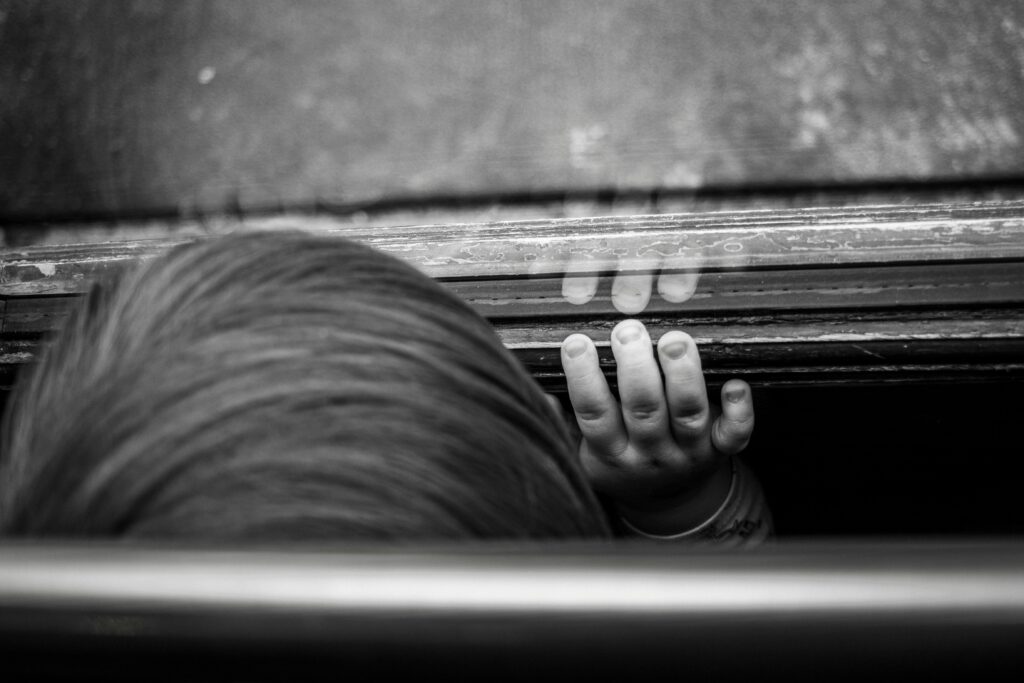When going back to school, it’s normal for children to experience some anxiety or fears.
If your child is having back-to-school anxiety, they may not be able to communicate what is causing it. They may have worries such as being separated from you, being in an unfamiliar place, meeting new people, using a public bathroom, or dealing with school bullies.
It’s important to first acknowledge that anxiety is a normal emotion and helps our body to be alert and adapt. However, when anxiety is overwhelming, it can do more harm than good.
Signs of Back-to-School Anxiety
Sometimes children will come right out and tell you that they are feeling anxious or worried. But other times it may be less clear. Some signs of anxiety include:
- Trouble sleeping or concentrating
- Avoiding activities or social interactions
- Changes in behavior, such as being irritable
Some children may experience physical complaints and feel ill. They may have headaches, stomachaches or nausea, dizziness, or hyperventilation. These are anxiety-related symptoms that they have no conscious control over. If your child is experiencing symptoms like these, your child should be examined by a doctor to rule out a physical illness.
As many as 5 percent of kids may experience school refusal or school phobia, where they refuse to attend school, create reasons not to attend, or feel physically ill on school days but typically have the symptoms subside on weekends.
How to Ease Back-to-School Anxiety
First, talk to your child about their anxieties or fears. This is a normal part of life, so you should be reassuring, supportive, and sympathetic to your child. As you talk to them, acknowledge their concerns and explain that many other kids also feel uneasy about starting school.
Involve your child and problem solve together ways to ease their anxiety and help them through this transition.
Here are some ideas to share with your child:
- Before the first day of school, visit the new school and new classroom
- Rehearse what pick up and drop off will look like
- Find another child in your neighborhood who your child can walk with or ride the bus together
- Visit the school grounds and play on the playground
- On their first day, take them and pick them up, and get there early to avoid unnecessary stress
- If it’s a new school, go to the school orientation together and take a tour
As a parent you also can try some of the following:
- Fcus on the positive: Talk about the positive aspects of going to school, such as seeing old friends and making new ones. Remind them of past experiences from school. Or, it it’s their first school experience, talk about the fun they’ve had with other groups of children.
- Be a model: Your child learns from you on how to handle emotions, so model and talk through how you handle things you feel anxious about.
- Offer extra hugs: Remember just to give your child extra love and hugs during these times.
When to Seek Help
Call our office if your child is experiencing some of the more extreme symptoms of back-to-school anxiety or is refusing to go to school and their school avoidance lasts more than a week. Your physician will examine your child to rule out any physical illnesses. We also may recommend a consultation with a child psychiatrist or psychologist.


